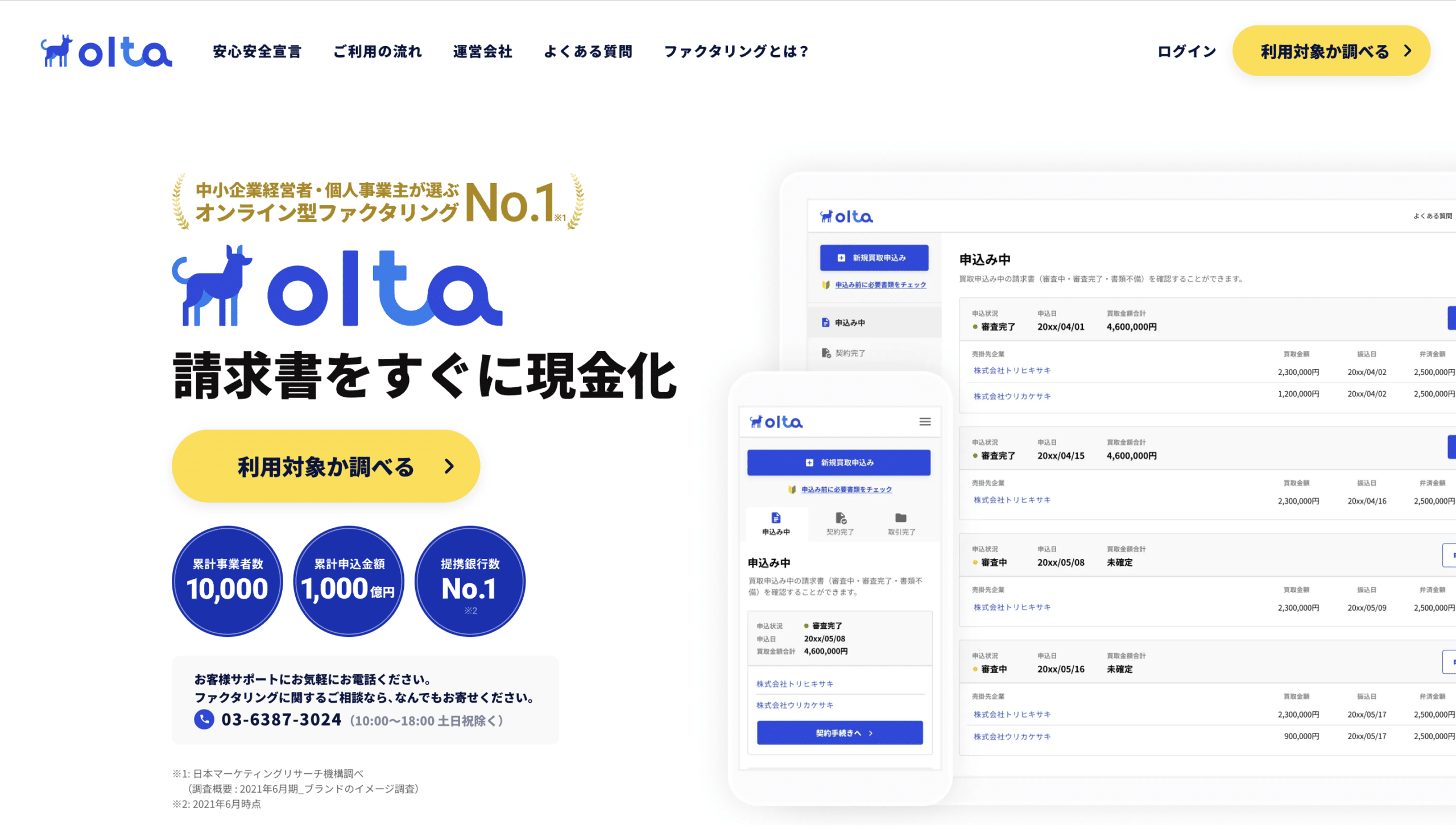
- Bluevine launched an accounts payable solution this week.
- The new offering will be available within Bluevine’s small business banking suite.
- The accounts payable tool will offer businesses tools such as bill capture and storage, approval workflows, payment scheduling, and automatic accounting reconciliation.
Small business banking innovator Bluevine is enhancing its platform this week by launching a new accounts payable (AP) offering within its small business banking suite.
Including the new AP tool will help business owners manage payments within their Bluevine Business Checking accounts. Tools such as bill capture and storage, approval workflows, payment scheduling, automatic accounting reconciliation, and user provisioning and management will help businesses automate their AP processes.
“As small businesses scale, often they face more complexity in managing their operations,” said Bluevine SVP, GM of Banking Charles Amadon. “Our accounts payable solution is purpose-built to strike a balance between providing a robust set of AP automation tools, with the ease-of-use that our customers have come to expect from Bluevine.”
The AP feature builds out Bluevine’s current small business banking platform, which the company launched in 2019 to help small businesses manage their finances, deposit checks, transfer funds, and pay invoices. Bluevine has unveiled a series of enhancements to its business banking platform in recent years, including the launch of billpay in 2022, and international payments capabilities earlier this year.
“Every decision we make has the SMB at the heart of it, starting with the essential question – will this help them grow and run their business easier? Based on customer feedback we knew AP automation was something they wanted and needed. Putting all that power right into their checking account dashboard is an exciting step forward, and further differentiates Bluevine Business Checking with even more added value,” added Amadon.
Bluevine launched in 2013 to serve as an alternative lending provider for small businesses. Since then, the California-based company’s tools have reached 500,000 entrepreneurs. Bluevine has raised just shy of $770 million from investors including Lightspeed Venture Partners, Menlo Ventures, 83North, Citi Ventures, ION Crossover Partners, SVB Capital, Nationwide Insurance, and M12. Eyal Lifshitz is CEO.











